Overview
In an effort to bring the #DQEveryChild movement to South Africa, the DQ Institute collaborated with Digitelligence and Symphonia’s Partners for Possibility to spread cyber awareness among students, teachers, and business leaders.
Greg Gatherer of Digitelligence worked to introduce the DQ World platform to students and schools directly through workshops, in addition to promoting the platform and its benefits on his website.
Along with his efforts, Dr Robyn Whittaker of Partners for Possibility reached out to the top NGO’s network of schools to offer them the opportunity to take part in the 2018 DQ World programme by participating in the 2017 DQ Study.
Through their participation in the study, these schools will be able to understand their students’ digital use habits and their current levels of cyber-risk exposure. Schools that had over 100 student respondents have received a DQ Screen Time Report and will be able to use this knowledge to build and develop their own pedagogies for digital citizenship education to complement the DQ World programme.
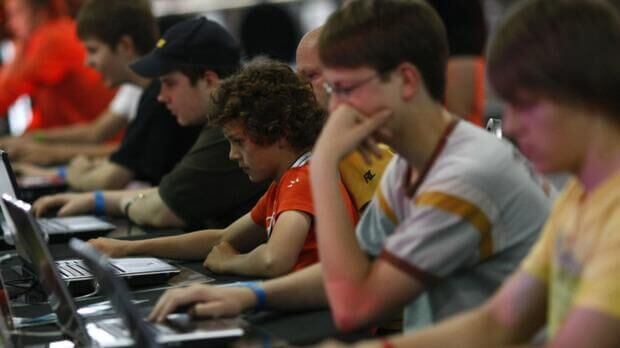
Cape Town – Nearly 20% of South African children between 8 and 12 have engaged in online sexual behaviours. This after a recent study by the World Economic Forum reported that DQ Institute said South African children were among the most vulnerable for cyber-risks in the world… READ MORE

Durban – South African children aged between eight and 12 are among the most vulnerable for cyber-risks in the world, says a recent study by the World Economic Forum. The study, which was undertaken in South Africa in partnership with the social enterprise Symphonia for South Africa and its programme… READ MORE

“The countries that haven’t had long digital access, without being prepared for it are at high risk. This is what we seeing in South Africa now. There is a parent population that is not familiar (with this) and children who are aware of what happens and what can be done in the digital space.” READ MORE
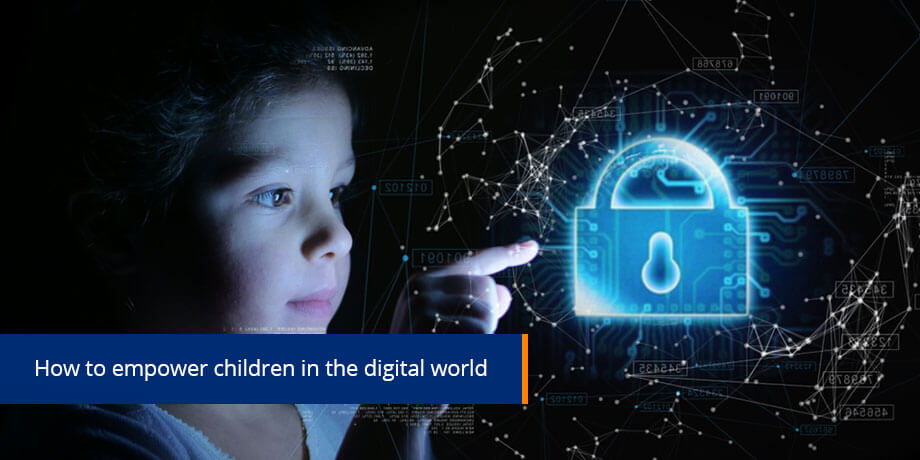
Being constantly connected to the digital world through our smartphones, no matter where we are, enables us to post a quick update on social media or read an instant message. But, in doing so, are we not compromising our well-being? While not yet a common term, the concept of “cyber wellness” has become part of our everyday lives. READ MORE
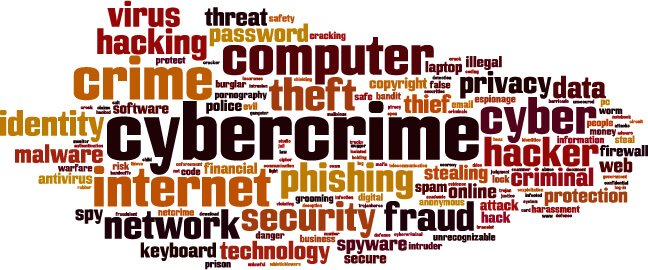
A study by the World Economic Forum, reported by the DQ Institute, revealed that South Africa children are at high risk of cyber crimes from online bullies and sexual predators – in the top 10 most at-risk countries out of the 29 countries polled. READ MORE

In a recent study by the World Economic Forum, children between the ages of 8 and 12 are the most vulnerable online. It was found that 62% of children in that age group have been exposed to at least one cyber risk. These statistics place South Africa in the top 10 of countries that are at risk out of the 29 countries that were polled. READ MORE
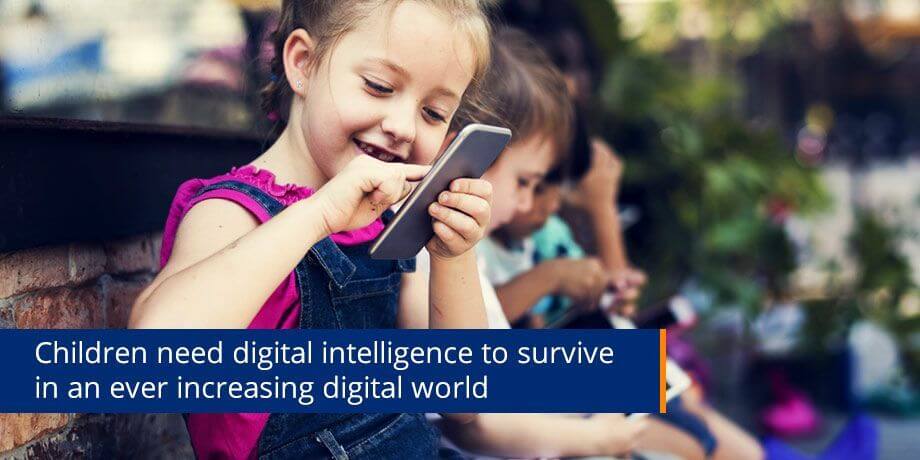
For many, the digital world offers an exciting blend of innovative business opportunities, improved services and global connectedness. There’s a dark side, however, where personal data gets stolen and sold, identities are used to commit fraud and all kinds of evil things are available for purchase. READ MORE
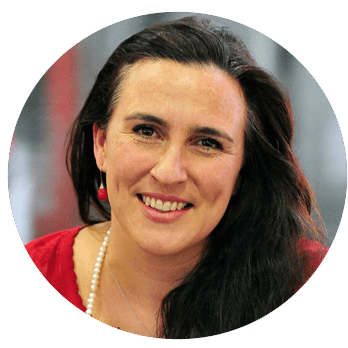
Stakeholder Engagement Leader of Partners for Possibility, South Africa
“For South Africa, I think the key concern is that we are a relatively emerging market when it comes to social media, online access, and the exposure of our children to an online world. We have a population where children are probably far more familiar with what is happening digitally than their parents are, and so far more exposed without the protective influence of their parents to guide them. DQ Institute offers a really powerful, ready-made solution for the education of children on cyber-risk and on digital citizenship. It is of great assistance in offering teachers and parents a tool with which to educate the children that they are working with.”

Executive Head of Striata Document Solutions, South Africa
“The eight aspects of digital citizenship identified by the DQ Institute are vital for child development. Mastering these aspects will help children understand the value of their digital identity, exercise their rights as a digital citizen and ensure their own safety and security in order to be less vulnerable to online risks.”

